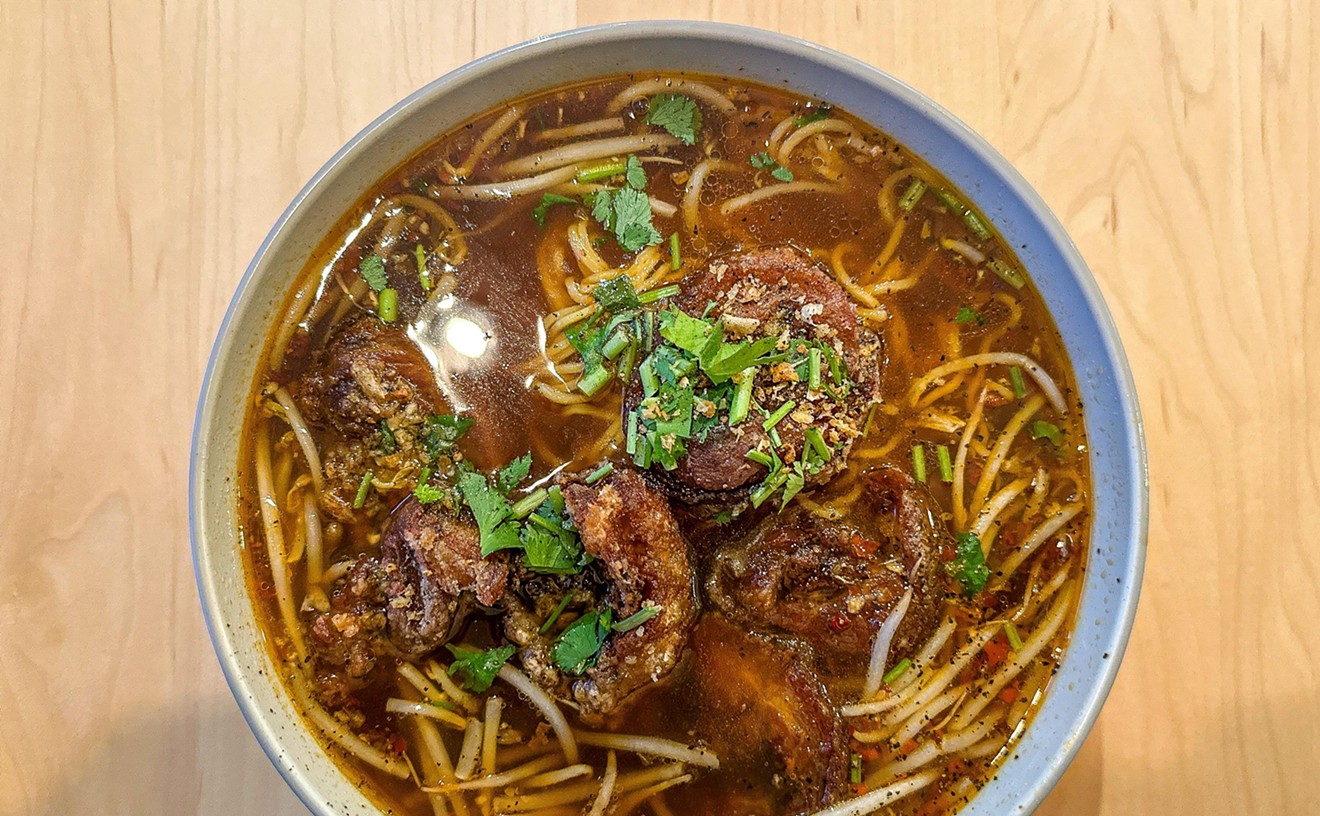It's no secret that people living in parts of Dallas that lie south of the Trinity River struggle for access to fresh, healthy food. Whole Foods and Central Markets and farmers markets are abundant in wealthier parts of Dallas, but people in poorer neighborhoods often rely, necessarily, on convenience stores and fast food restaurants to put food on their tables. Now, though, city leaders appear ready to address the fact that vast swaths of Dallas lack a quality grocery store.
As NBC 5 reported yesterday, the Dallas Office of Environmental Quality sent a proposal to the city's Economic Development Committee that would expand Dallas' sustainable food supply initiatives in underserved neighborhoods by making it easier for community gardens and local farms to provide healthy food to their neighbors.
The proposal, released yesterday, encourages the council to make "minor changes" to existing city code that would allow community gardens and farms to increase in size, implement aquaponic growing systems, and sell their goods to off-site stores and markets, among other changes. The measures would also allow for community education programs in sustainability, water conservation and composting.
Under current regulations, community gardens are not allowed to sell their wares, a rule that makes little sense when you consider that anyone with a backyard garden and a few documents can set up shop at some of the city's smaller farmers markets.
Committee Chair Tennell Atkins told NBC5 that he hoped that gardens would be able to sell goods in area convenience stores and, more excitingly, new neighborhood farmers' markets. The city has seen an explosion in farmers markets, none of which fall into the city's most blighted areas. Farmers markets can now be certified to accept food stamps, which combined with the availability of new markets in troubled areas could affect meaningful change.
As Scott Reitz reported earlier this year, a previous attempt to address food deserts by building a Walmart in South Dallas would have done little to address decades of poor eating due to lack of access, but increasing the number of neighborhood markets could have benefits alongside improving public health. The Office for Environmental Quality's plan outlines benefits in job creation, "keeping Dallas dollars in Dallas," and fostering entrepreneurialism.
The city's proposed timeline indicates that changes could be implemented as early as next spring, right as the growing season in Texas starts to take off. If success stories like Paul Quinn College's football field turned garden are any indication, there could soon be a lot more fresh food in neighborhoods that desperately need it.










